Covid is no longer an international health emergency.
1,191 days (three years and three months) have passed since the World Health Organization (WHO) decreed the alarm until this Friday, when it has ended.
The decision, which was announced early this afternoon, closes an alert that has left 765 million diagnoses and 6.9 million deaths, according to the official count, which falls far short, according to all estimates ( the WHO itself estimates that it has claimed 20 million lives.
"Covid has changed the world and it has changed us," said WHO Director General Tedros Adhanom Ghebreyesus.
“It has been much more than a health crisis.
It has caused severe economic disruption, wiping out trillions of gross domestic product, disrupting travel and commerce, closing businesses and plunging millions into poverty.
It has caused serious social upheaval, with closed borders, restricted movement, closed schools and millions of people experiencing loneliness, isolation, anxiety and depression”, he has said.
The emergency decree is the tool that the WHO uses to expedite decisions.
Although for practical purposes it does not imply any obligation for the countries (which the organization cannot force to make decisions), it is a means to mobilize resources more quickly, authorize medicines (or vaccines) with less paperwork or issue resolutions that have echo in the Member States.
The characterization as a pandemic came later, on March 11, 2020. But this is not included in the international health regulations nor does it have any repercussions for practical purposes.
It is simply a way of describing the atypical rise in the incidence of a disease on various continents.
And it was also a way to draw the world's attention to the seriousness of the coronavirus, although delimiting when it begins and ends is something somewhere between the technical and the semantic.
There are some criteria to define a health emergency: it happens when a disease has a serious impact on public health and is unusual and unexpected, with a risk of international expansion, and has the capacity to generate restrictions on the movement of goods or people.
In its previous evaluation, in January, the WHO decided to maintain the emergency because, despite the fact that the epidemiological situation was already fairly stabilized throughout the world, it considered that it could still have a high impact on public health and health systems.
But these "have begun to show the first important signs of recovery," says a report that the WHO has presented this week.
According to a survey carried out between the end of last year and the beginning of this year among 139 countries, they are "beginning to restore essential health services for millions of people who lost them during the pandemic."
A WHO document proposing a transition from the covid emergency to a long-term response has also seen the light this week.
It is a plan to continue reducing the incidence of coronavirus and its variants, prevent, diagnose and treat covid to reduce morbidity and mortality and its sequelae and support States for a sustainable response.
"Countries have an opportunity to strengthen their health systems for future pandemics," reads the report.
The WHO emphasizes in this document that the end of the health emergency does not mean that the covid problem has ended.
It is still a new disease from which there are things to learn (virus mutations are always a threat and more research is needed on persistent covid), which continues to claim lives and take patients to intensive care.
The last great wave that Spain experienced occurred last summer.
Since then there have been small spikes in transmission that have been confirmed by slight increases in hospital occupancy, but which remain at very low percentages and have nothing to do with the early stages of the pandemic.
Salvador Peiró, research director of the Fisabio Foundation, explains that it is happening as with other diseases, which have an impact on income in some way, but far from affecting the operation of hospitals.
“It seems that it is not going to be a seasonal virus, but that it is going to present slight upturns throughout the year, affecting especially the very old or immunosuppressed,” he explains.
In his opinion, from the epidemiological point of view, the emergency has already passed “a long time ago”, thanks to a population with high degrees of immunity thanks to the vaccines and the successive infections suffered by the majority.
But the WHO takes into account more parameters, such as those that have to do with the need for rapid approval of drugs.
In Spain, the last measure that has been in force since the pandemic began are masks in pharmacies and health centers.
They are increasingly questioned in these areas, especially in pharmacies, where compliance with the norm is very relaxed.
José Martínez Olmos, a professor at the Andalusian School of Public Health, believes that it would be necessary to "take advantage" of the fact that citizens have become accustomed to wearing them to keep them at least in hospitals and health centers.
“It is no longer just because of the covid, but because of other respiratory viruses.
It is an easy measure to follow and that can protect the most vulnerable and the professionals who work in these places ”, he explains.
Martínez Olmos considers the WHO decision to end the health emergency caused by the covid correct: “In most countries it is no longer a concern, thanks above all to vaccines, and the circumstances exist to do so.
Health centers are more relaxed and cases can now be treated well”.

/cloudfront-eu-central-1.images.arcpublishing.com/prisa/VU72BRR2B6YB3YAP2J5H4CVMFY.jpg)
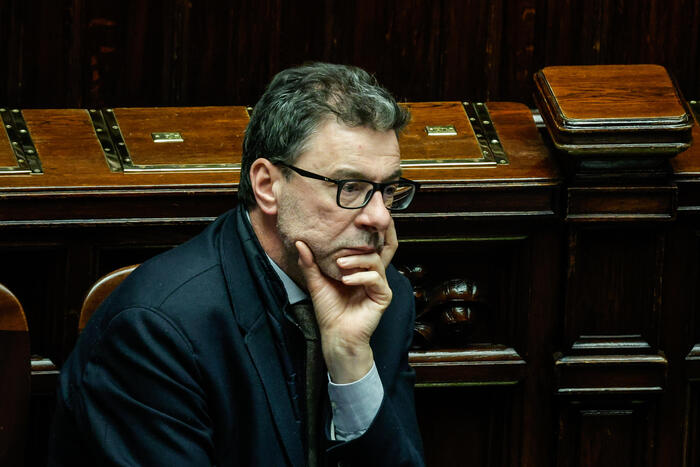
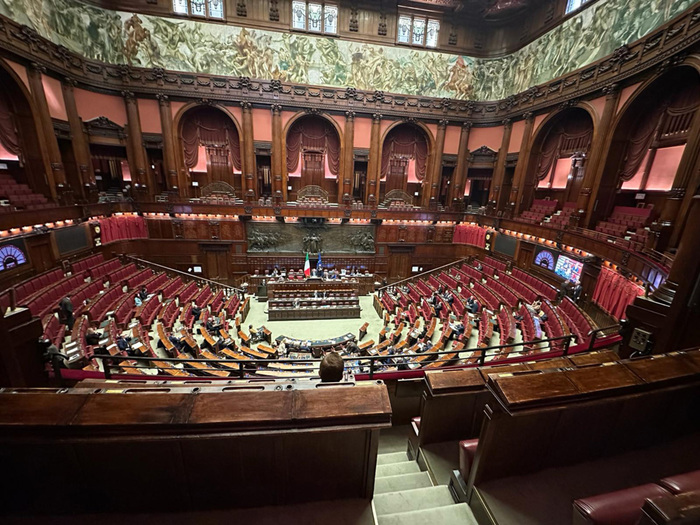
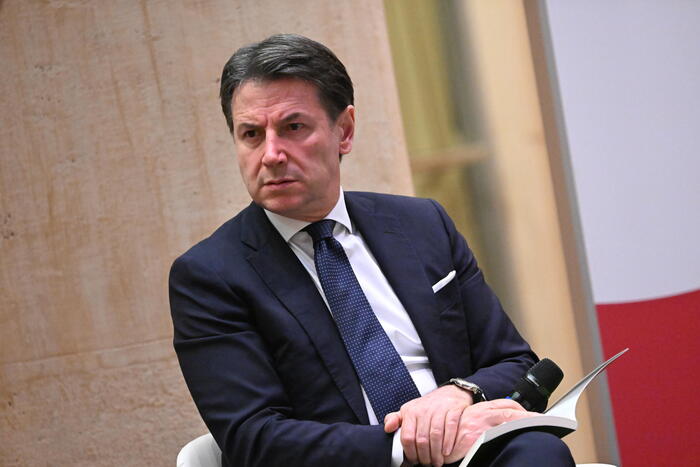
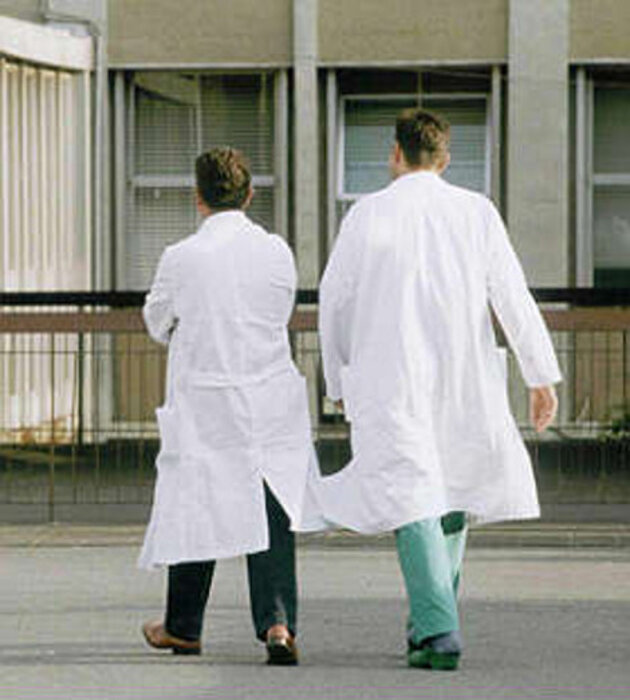
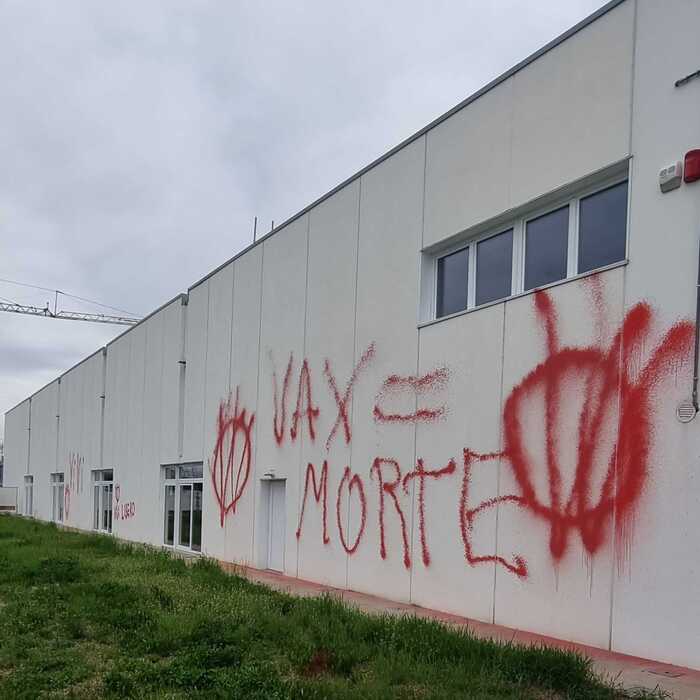

/cloudfront-eu-central-1.images.arcpublishing.com/prisa/HZSZCHCUINHTPMSFZ45LL3KN6U.jpg)